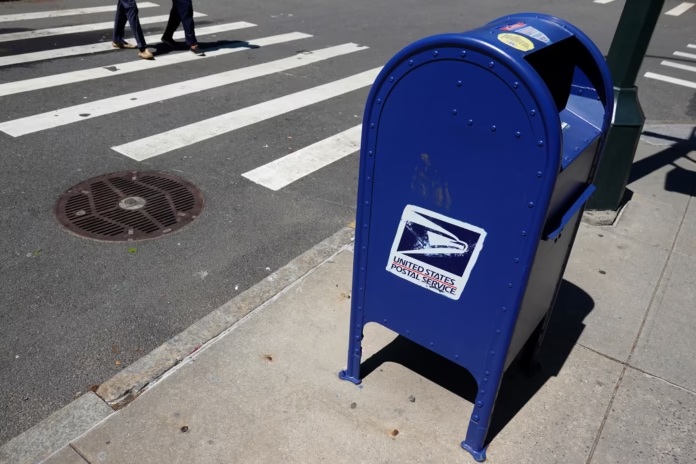U.S. postal traffic dropped sharply after the government ended the duty-free exemption for low-cost parcels. The change forced all incoming low-value shipments to go through customs and pay tariffs. Consequently, postal operators around the world struggled to comply with the new rules.
The Universal Postal Union reported that nearly 90 postal operators paused some or all mail services to the U.S. These disruptions affected parcels valued at $800 or less, previously exempt from customs duties. The new rules placed the responsibility of duty collection on carriers and CBP-approved qualified parties.
Global postal networks faced major operational disruptions. Airlines and other carriers refused to collect duties, and foreign postal services lacked links to CBP-qualified companies. As a result, parcel traffic to the U.S. fell more than 80%, according to UPU data.
The policy change affects all countries, making previously duty-free items subject to tariffs ranging from 10% to 50%. Purchases now require customs clearance, which slowed delivery processes and increased shipping costs. However, U.S. residents can still receive gifts valued up to $100 and personal souvenirs up to $200 duty-free.
Postal authorities tried to warn U.S. officials about the potential disruption. The UPU sent a letter expressing concerns that the new procedures would halt international mail flows. Nonetheless, the rules went into effect without sufficient guidance for compliance.
Many foreign postal services had not prepared for the changes. They had no electronic connections to duty-collection systems approved by U.S. Customs. Consequently, international shipments stopped temporarily, frustrating businesses and consumers alike.
Economists warn that this disruption could affect e-commerce and global trade. Companies relying on low-cost shipments must now adjust logistics, tariffs, and shipping timelines. Meanwhile, consumers may face longer delivery times and higher costs for small parcels from abroad.
U.S. postal traffic now relies on carriers and customs-approved intermediaries to manage duties. The change eliminates a loophole previously exploited by businesses and criminals. Authorities stress that enforcing customs rules ensures fair trade and reduces illegal activities.
In summary, global postal operations faced a major setback due to the new U.S. low-value parcel rules. Postal operators paused services, and shipments slowed significantly. Businesses and consumers must adjust to higher costs and stricter customs procedures.
For more business updates, visit DC Brief.


